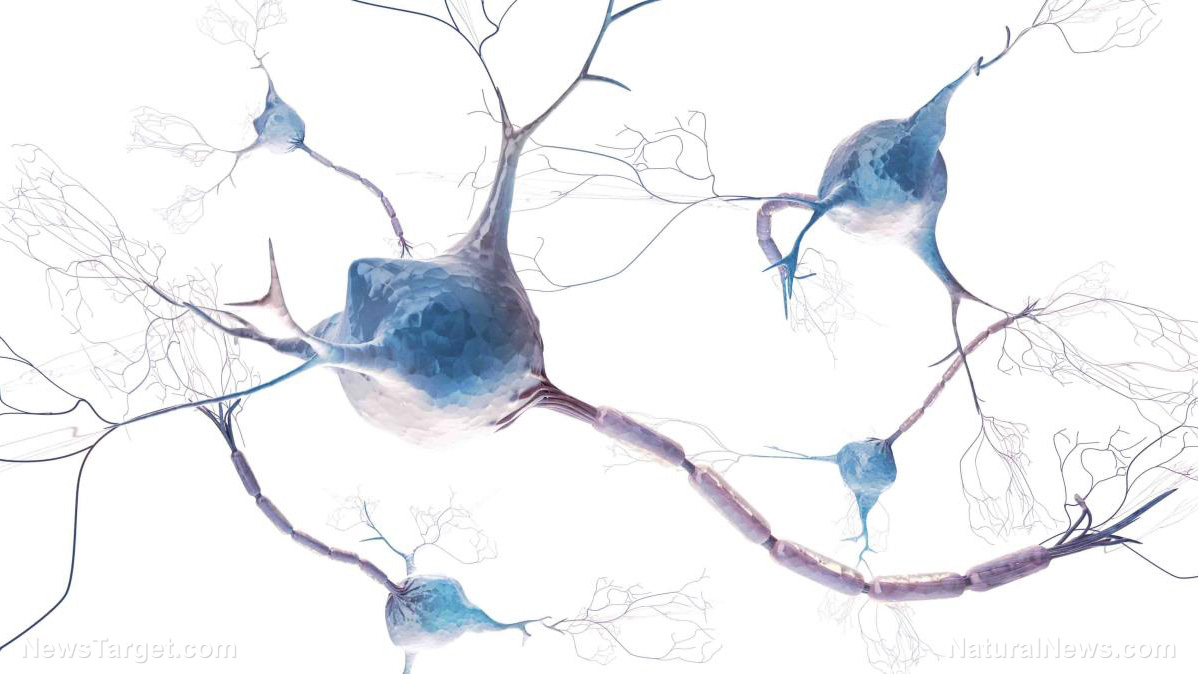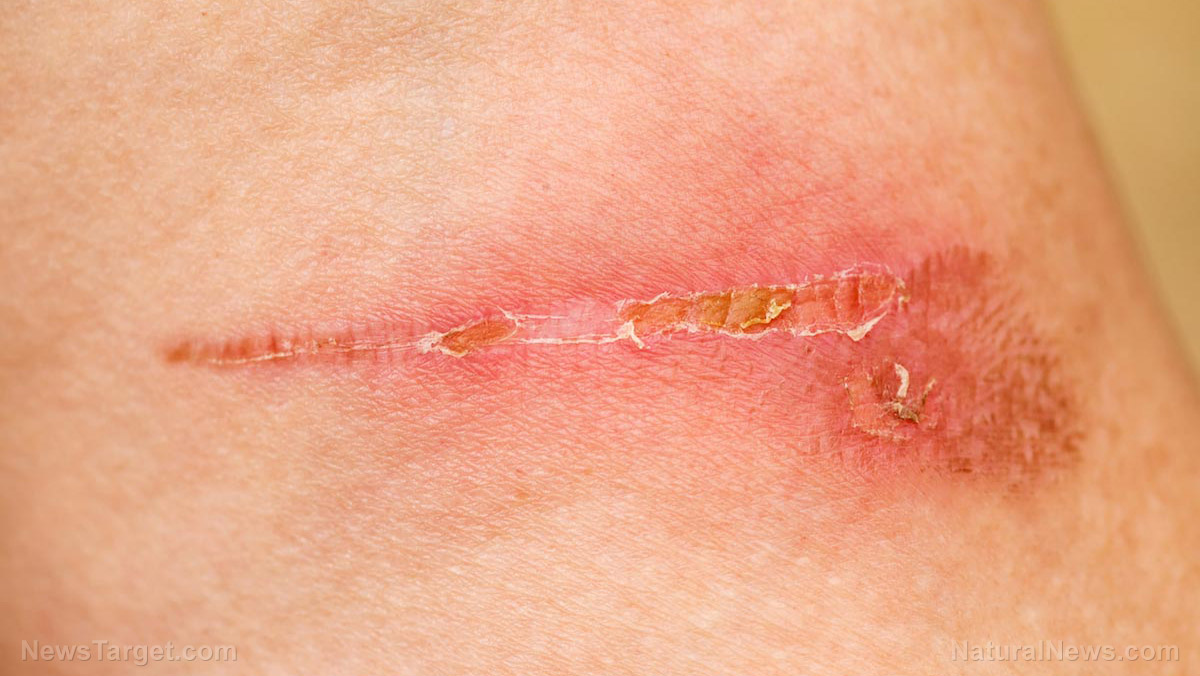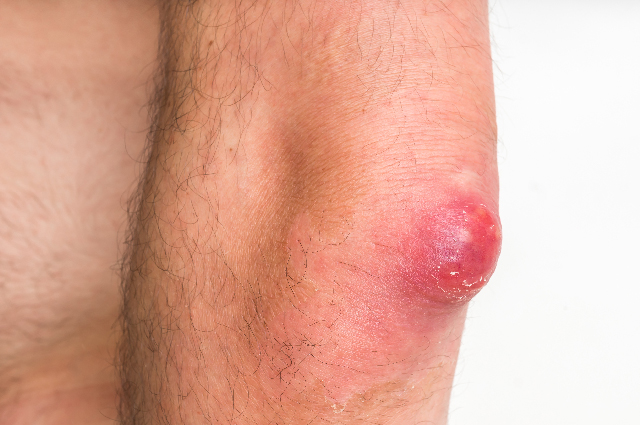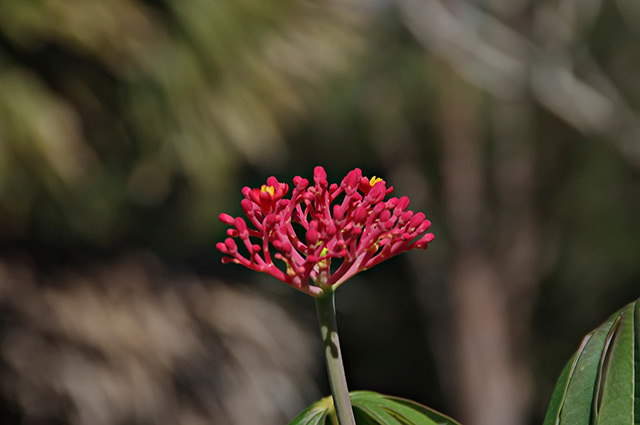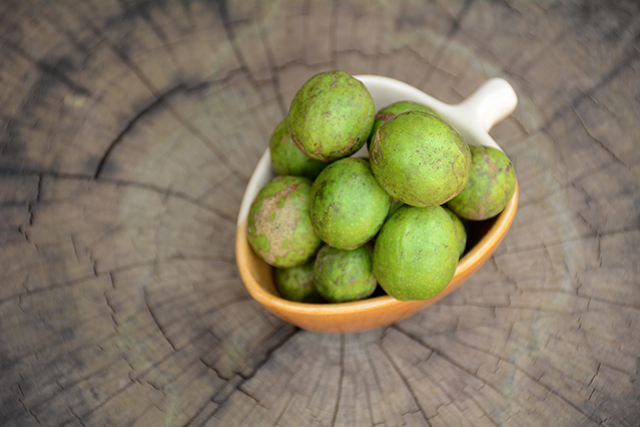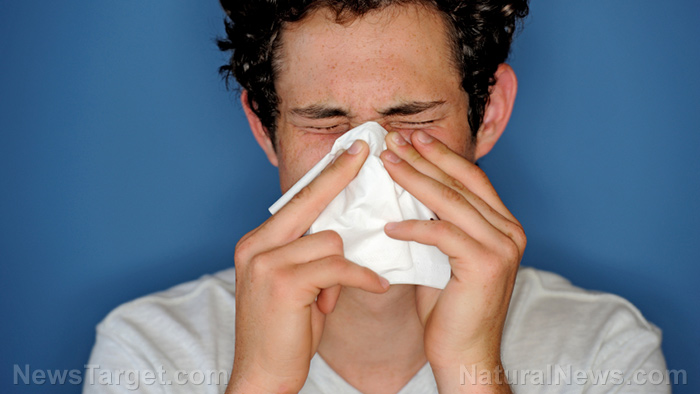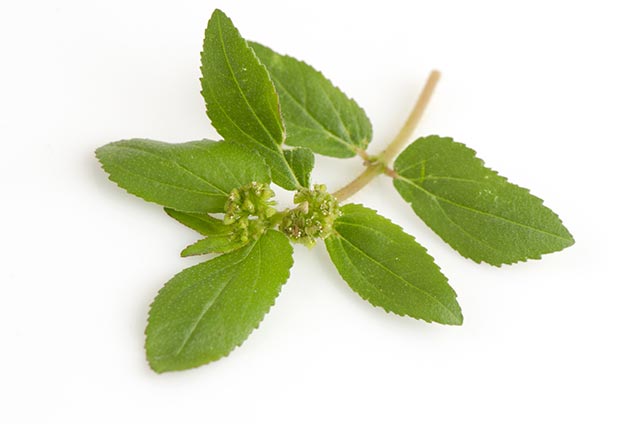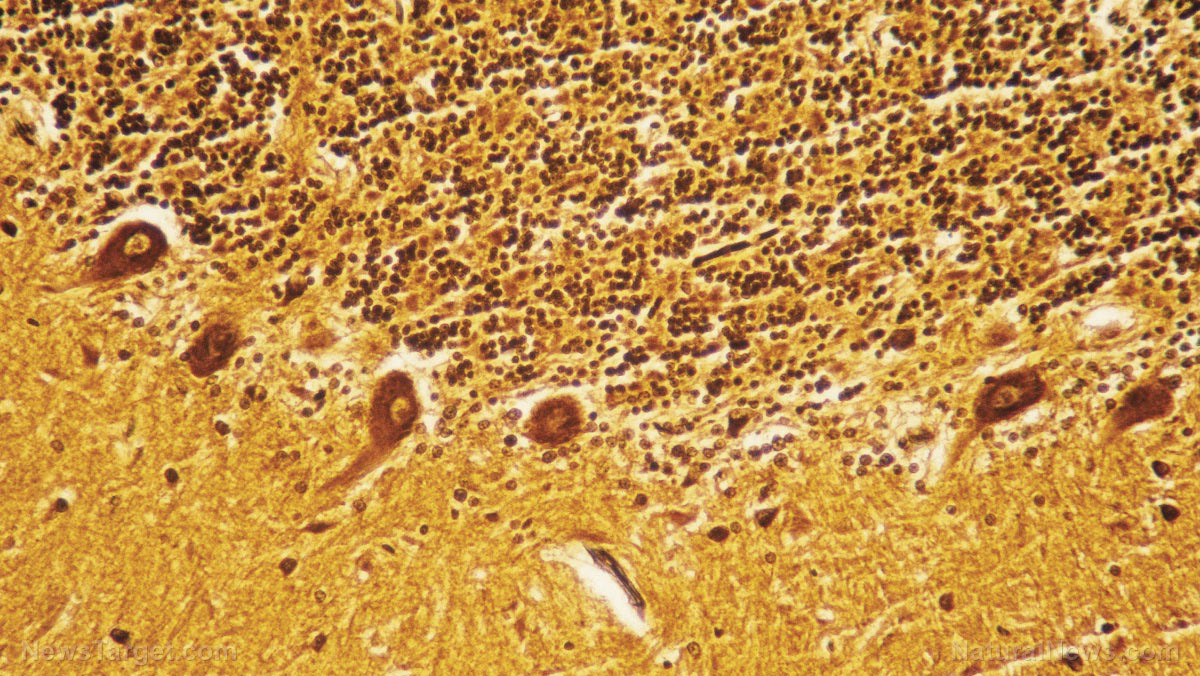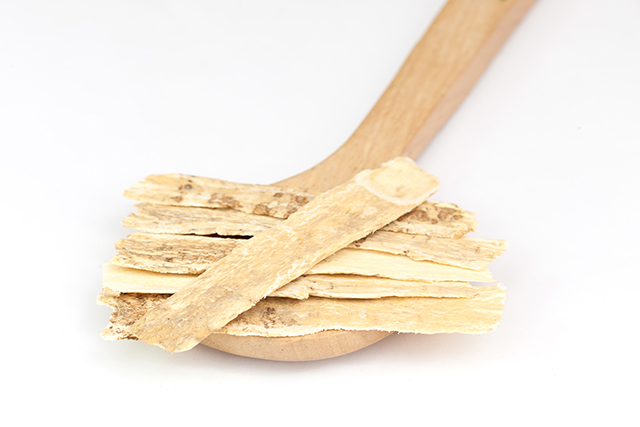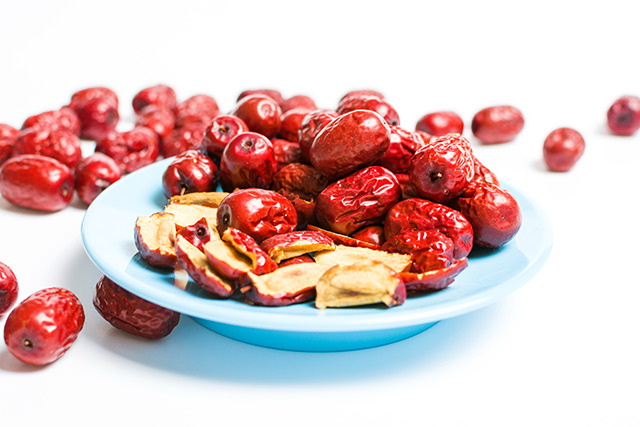Allergy alert: How to naturally treat the spring sniffles
03/23/2017 / By Thomas Dishaw
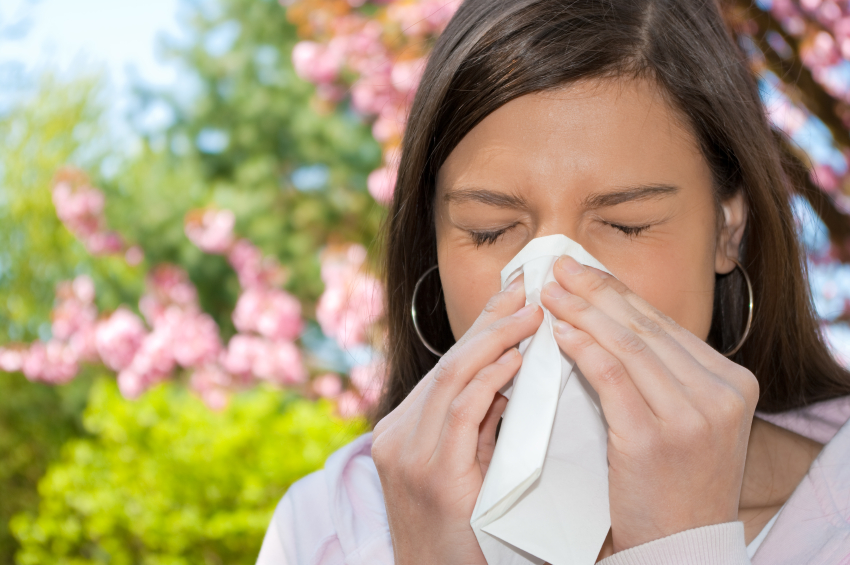
Whether you know it as hay fever, seasonal allergies, or its medical term allergic rhinitis, if you haven’t been affected by it odds are you know someone who has. Allergic rhinitis occurs mostly in spring, summer and early fall, but it can, however, be experienced all year round for some people. The symptoms include watery and itchy eyes, a runny nose, sore throat, coughing, headaches, and trouble breathing. It is a result of one’s sensitivity to pollens from trees, grasses or weeds, or to airborne mold spores.
While allergic rhinitis is hardly ever life threatening it can make day to day activities feel unbearable, especially those like exercise which helps you stay healthy. There are plenty of over-the-counter treatments available, but it is always beneficial to be aware of natural remedies as well. Not only do these solutions promote the same results without side effects like drowsiness, they are also available should you ever find yourself in an event where you could not get the medications from stores. Below are a few suggestions on how to treat your seasonal allergies naturally. (RELATED: Get more news like this at Remedies.news)
Vitamin C
Vitamin C is one of the most important vitamins you need every day to boost your immune system. For adults, the recommended dietary reference intake for vitamin C is 65 to 90 milligrams a day. It is also thought to be a natural antihistamine, and it may actually damage the structure of the histamines that cause allergy symptoms.
Local Honey
The benefits of local honey have been compared to those of getting allergy shots. When you eat the honey, you are ingesting local pollen which over time will make you less sensitive to the pollen’s effects. As a result, you may experience fewer seasonal allergy symptoms. It has been suggested that you should eat a teaspoon of raw honey from local bees every day. Studies have shown that honey consumed at a high dose can improve a person’s allergy symptoms over a period of eight weeks. Aside from staving off allergies, honey can also be used as a cough suppressant if symptoms do arise.
Apple Cider Vinegar
By now you have no doubt heard about the wonders of this superfood. Apple cider vinegar has been used to help cure chronic fatigue, sinus infections, heartburn, and a plethora of other ailments. When it comes to allergy season, drinking apple cider vinegar containing “The Mother” may reduce symptoms of seasonal allergies. The living enzymes and other compounds in the vinegar are said to fight off infection and boost immunity.
Quercetin-containing Foods
The compound known as quercetin may help treat allergies naturally because it contains a type of antioxidant called a flavonoid. Tests have shown that these flavonoids can help keep the harmful histamines that cause an allergic reaction from being released into the system. According to a recent study out of Slovakia, the hyperactivity of the airwaves caused by allergic asthma can be halted or at least reduced by supplementing your diet with quercetin-rich food. These antioxidants are found in red onions, apples, citrus fruits, parsley, tea leaves, sage, and many types of berries.
Stinging Nettle
Nettle can help treat allergies by acting as a histamine reducer and an anti-inflammatory. It can be used twice a day in the form of herbal tea for relief of seasonal allergy symptoms. Aside from allergy relief, a study by the University of Maryland Medical Center found it can also help treat urinary tract infections, insect bites, joint pain, and benign prostatic hyperplasia. When handling the plant, make sure not to touch it directly as chemicals on its microscopic hairs can cause a rash.
Saline Nasal Rinse
Mold and pollen can collect in your nose and sinus cavity. Another way to relieve allergy symptoms is physically rinsing out of your nose with a nasal spray or solution. You can mix a saline solution consisting of salt and water in a neti pot, tilt your head, and pour the mixture up one nostril through the sinus cavity and out the other nostril. Make sure however that you use filtered or distilled water to make the solution because contaminated water could lead to infection.
Overall, a healthy lifestyle is the best way to prevent allergies and their symptoms, as well as numerous other diseases. Smoking, drinking, and eating poorly can diminish your immune system enough to be adversely affected easily this time of year.
Sources:
Tagged Under: allergies, allergy, benadryl, hay fever, seasonal allergy, spring allergies



